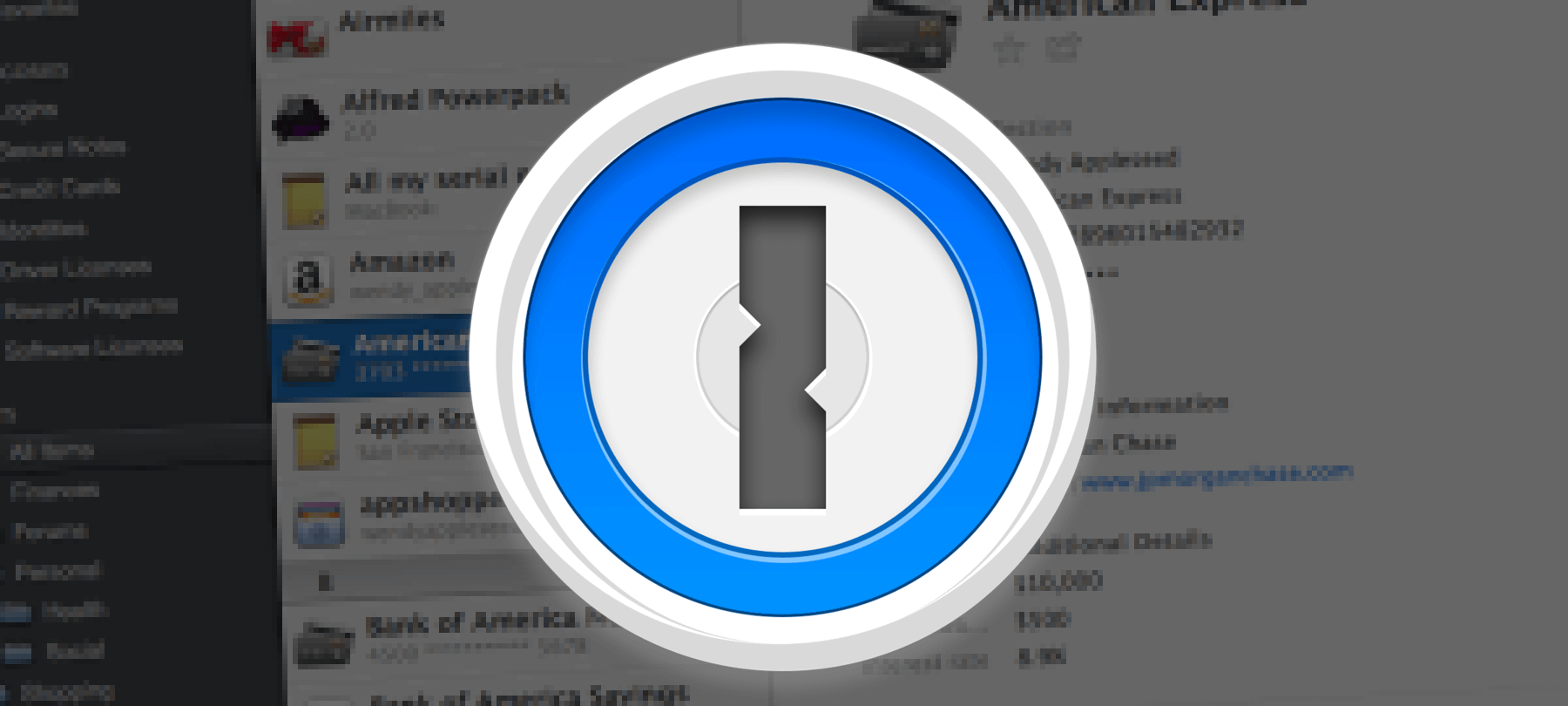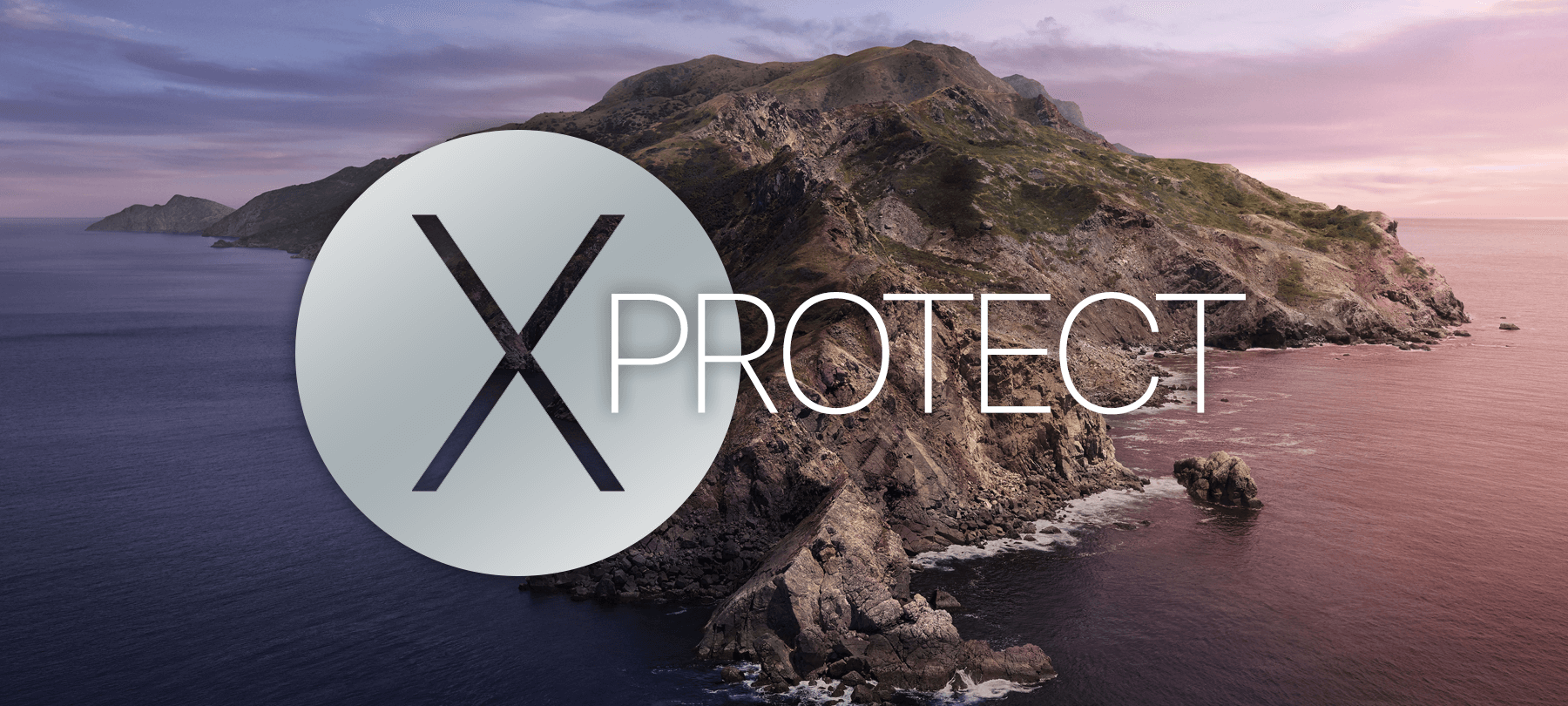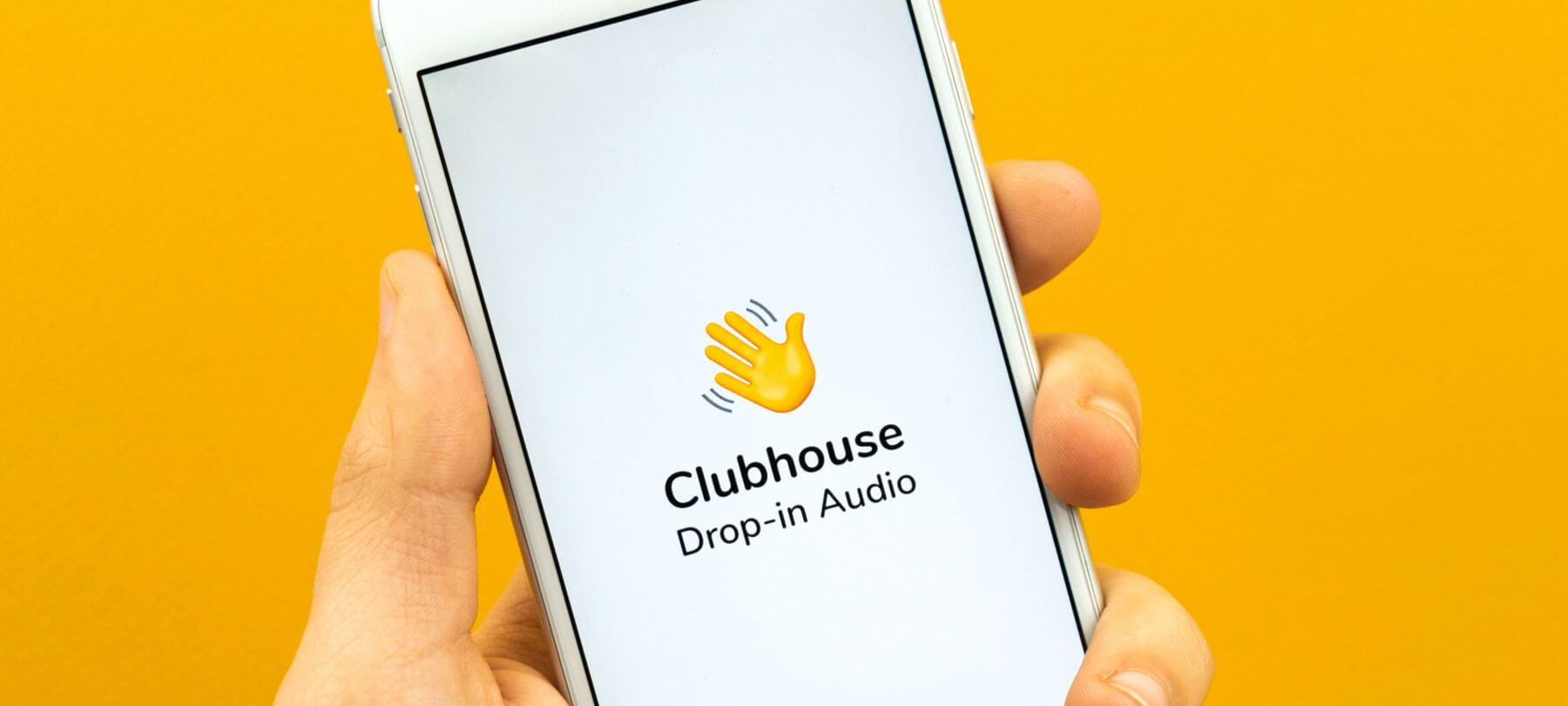Better Safe than Sorry – Bob Levitus – Dr. Mac
We Mac users have a distinct advantage over our less fortunate Windows-using brethren (and sistren)-Macs are far less likely to suffer damage from an attack by a virus, worm, or even a malicious teenager. On the other hand, you shouldn’t be lulled into a false sense of security-your Mac is not immune to viruses, worms and other intrusions. Attacks that target Macs, while rare, do exist.
This subject is too big and too important to cover in a single column, so this week I’ll focus on new Internet security issues raised by Mac OS X. I’ll follow up next week with information about viruses and worms-who is at risk and why, as well as how to protect your Mac regardless of which version of Mac OS you choose.
They say knowledge is power, so here are some of the basic tenets of network security for Mac OS X. First and foremost, if you use Mac OS X the way Apple shipped it, there’s only slightly more risk than under OS 9, even if you have an “always on” Internet connection such as cable or DSL. But if you enable certain options, most notably root access, FTP access, Web sharing, File sharing, or remote login (all of which are disabled by default in OS X), you increase your susceptibility to malicious attacks. While it’s generally fine to use these services if you need them, you should read up on potential security issues before you enable any of them.
Internet Security for Your Macintosh: A Guide for the Rest of Us, by Alan Oppenheimer and Charles Whitaker, from Peachpit Press, is an excellent place to start. It’s easy to understand and will help you figure out what measures, if any, are appropriate for your situation. I’m a RoadRunner cable modem user-it quickly convinced me I should install a personal firewall. (I tried several and settled on Norton Personal Firewall, which was easy to configure and use and works great in both OS 9 and OS X.) After installing it I discovered that dozens of unwanted attempts to access my Mac are made each day. Fortunately, they’re almost always looking for a susceptible Windows machine, so they do no harm. But having the firewall still makes me feel better.
A complete discussion of hardware and software firewalls, Network Address Translation (NAT), and other security measures is way beyond the scope of this column. If you don’t want to buy a whole book about network/Internet security, here are a few good Web sites to visit:
http://www.macintouch.com/security.html
http://developer.apple.com/internet/macosx/securityintro.html
https://www.securemac.com/
http://www.macwrite.com/macsecurity/
There is one Mac OS X 10.1 security issue I think all OS X users should be aware of, because it could affect anyone who uses Apple’s otherwise-wonderful iDisk with Mac OS X 10.1. According to the guys who wrote the aforementioned book (who are also Mac security experts as well as the founders of Open Door Networks; read the complete story at http://www.opendoor.com/macosxalert.html and ), “Using iDisk under Mac OS X 10.1 could easily result in disclosure of your password and full access to your iDisk by others. And since your iDisk password is also used for your mac.com email account, the hacker would also have access to that account as well.”
Apple will surely fix this soon, but until then, keep it in mind and be careful when you use your iDisk with Mac OS X 10.1 until an update is released.
To sum things up: If you’re at risk, you should, without question, take the appropriate steps to protect your Mac. My advice: Educate yourself, use common sense, and take the appropriate precautions. If you do, your Mac will probably remain safe; if you don’t, you’re likely to be sorry.
CONTINUE TO PART 2
Viruses, Worms and Hackers (Oh My!)



